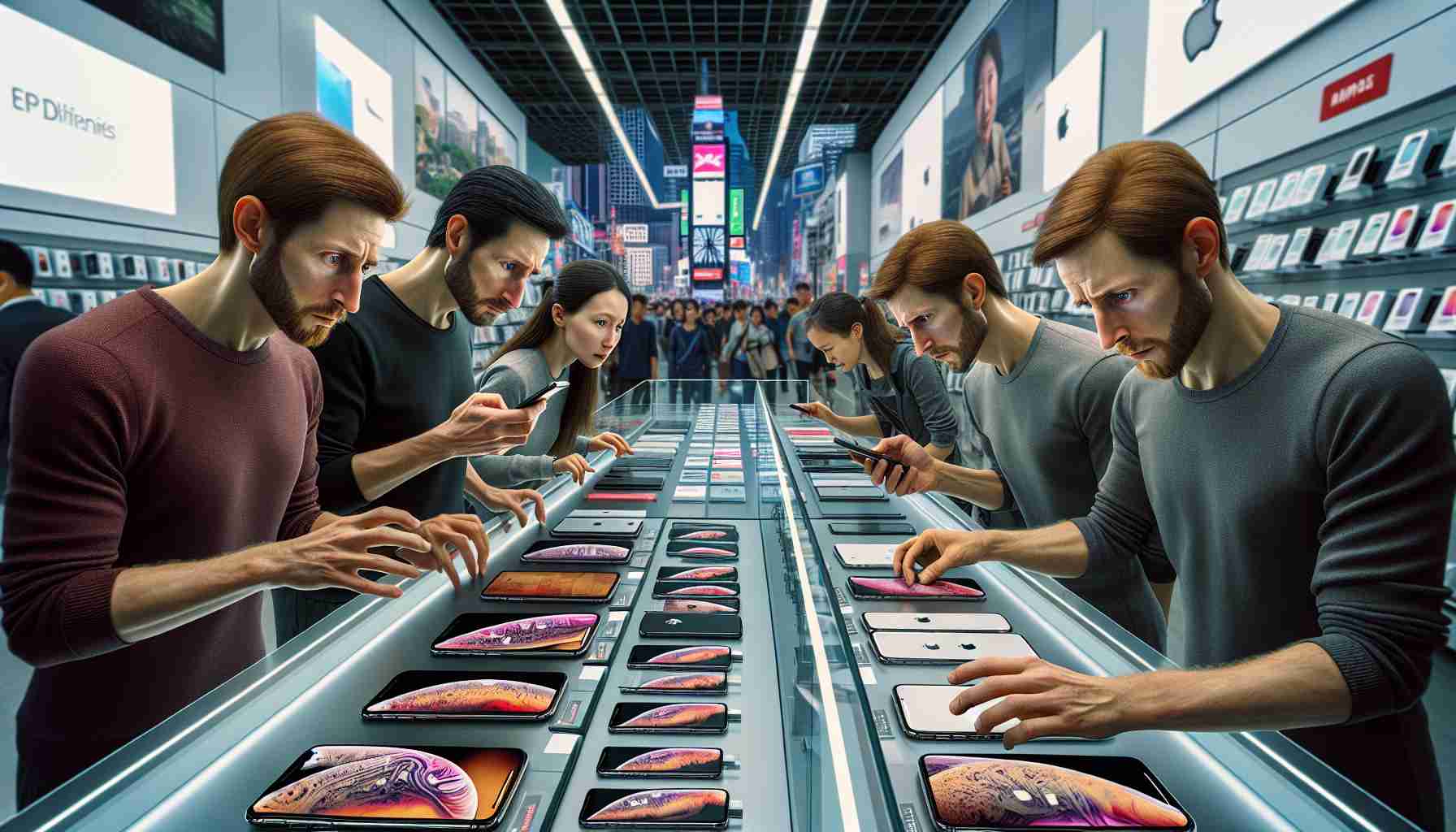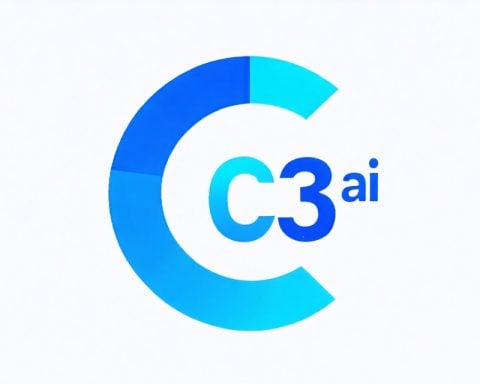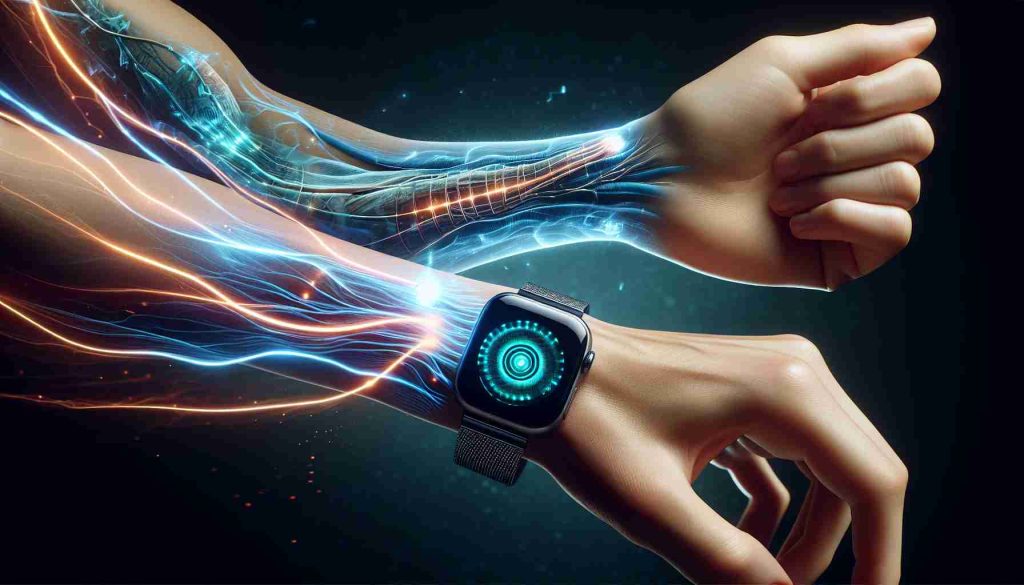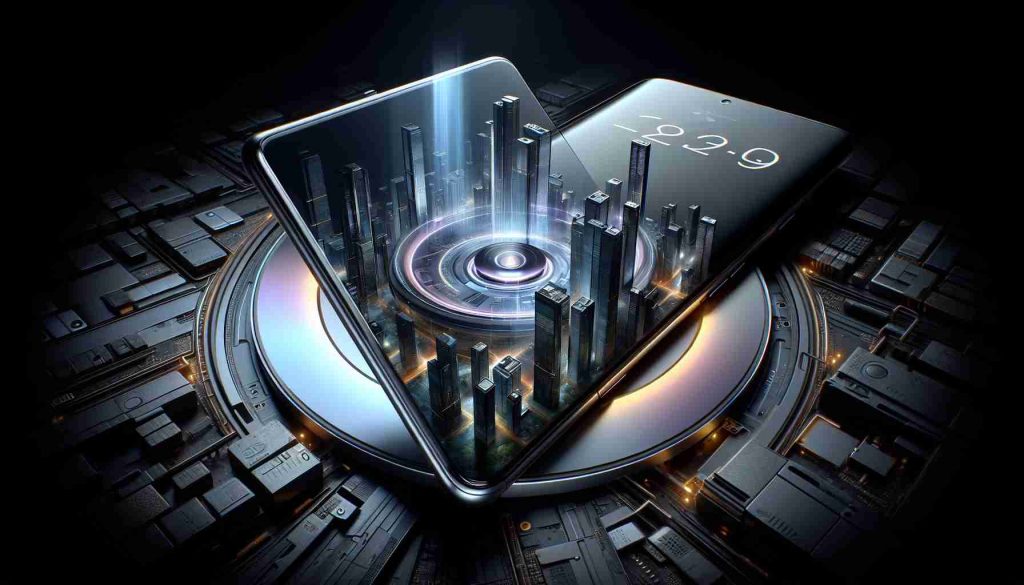In the bustling streets of Hong Kong, Apple’s latest release, the iPhone 16, has seen an unusual influx of Russian buyers eager to get their hands on the prized gadget. These shoppers are offering cash in hand and even paying up to 12% above retail price to acquire these devices.
Due to the ongoing conflict between Russia and Ukraine, technological goods, especially iPhones, have become scarce and exceedingly costly in Russia. Apple halted its product sales and services in the region following international sanctions and widespread withdrawal of global brands in protest of the invasion commenced by Russia in 2022.
As a result, an iPhone in Russia can cost up to 70% more than elsewhere, despite official channels attempting to import them without the brand’s direct authorization. Such conditions have spurred entrepreneurial individuals to seek profits through “parallel” import purchases in places like Hong Kong, which does not impose sales tax.
One such buyer, Nick Alexenkov, is confident of substantial gains by reselling the iPhones in Russia. He particularly targets the highly demanded 1-terabyte Pro Max model. In Hong Kong, Alexenkov pays $2,000 per phone—more than the local retail price—yet still finds these purchases lucrative when considering the Russian market’s appetite and pricing.
Even individual sellers are tapping into this lucrative demand, with some advertisements priced above official retailers on platforms like Avito.
Meanwhile, language barriers hardly hinder the brisk trade. Russian buyers have found innovative ways to communicate and close deals, showing that where there’s demand, enterprising traders will surely follow.
The Global Impact of Tech Shortages: Beyond the iPhone Craze in Hong Kong
Introduction
The emergence of Russian buyers flocking to Hong Kong to purchase the iPhone 16 highlights a nuanced global impact driven by geopolitical tensions. The scarcity of technological goods in Russia is symptomatic of broader supply chain disruptions and international sanctions. But what does this tell us about the current global landscape, and how are people, communities, and countries adapting to these challenges?
Global Tech Shortages: An Underlying Issue
The ongoing shortage of technological goods is not limited to Russia. Many countries are experiencing disruptions in the supply chain due to the global semiconductor shortage, exacerbated by geopolitical tensions and economic sanctions. These disruptions affect everything from smartphones to automobiles, creating a ripple effect that impacts a myriad of industries. This scenario underscores the vulnerability of a globally interconnected economy and the demand for strategic adjustment to ensure stability.
Economic Adaptations in Russia
In Russia, the scarcity of iPhones is just the tip of the iceberg. The sanctions have disrupted various sectors, prompting individuals and businesses to adapt in innovative ways. The emergence of a “parallel” import market highlights how economies can evolve under pressure. However, this grey market comes with its own set of challenges, including potential legal risks and unpredictable pricing models.
Advantages and Disadvantages
One advantage of these enterprising activities is the birth of new business models. Entrepreneurs, like Nick Alexenkov, find opportunities amidst turmoil, earning substantial profits by catering to unmet demands. For consumers in Russia, although prices are steeper, alternatives to obtain desired goods provide them with choices.
Conversely, this situation presents notable disadvantages. The grey market might encourage illegal activities and undermine local economies. Moreover, inflated prices widen economic disparities, restricting access for individuals with fewer resources.
The Role of International Policies
Interestingly, this situation poses several questions regarding international policies: How effective are sanctions if they lead to the creation of unofficial markets? Do they achieve the desired political outcomes, or do they primarily impact civilians by limiting access to technological goods and other necessities?
Policies enforced by major global players aim to incentivize political change, yet they often inadvertently foster economic resilience and adaptability among the affected populations. It is crucial to evaluate their long-term impact on both targeted countries and the broader global community.
Controversies and Unexpected Outcomes
The reliance on parallel imports sparks debates over the morality and legality of circumventing sanctions. While it allows for economic survival, it also challenges the integrity of international trade regulations.
Moreover, the demand and supply dynamics in these scenarios offer unexpected environmental implications. The increased shipment of goods across long distances and the use of flights increase the carbon footprint and fuel further discourse on balancing economic needs with environmental responsibilities.
Conclusion
The ripple effects of tech shortages and geopolitical tensions form a complex tapestry of economic, social, and political impacts. They require us to rethink how global policies are crafted and implemented. As uncertainty continues, both consumers and entrepreneurs need to navigate these waters carefully.
For further exploration on technological goods and global markets, consider visiting Apple and World Trade Organization. These resources provide insights into current market conditions and international trade policies.























